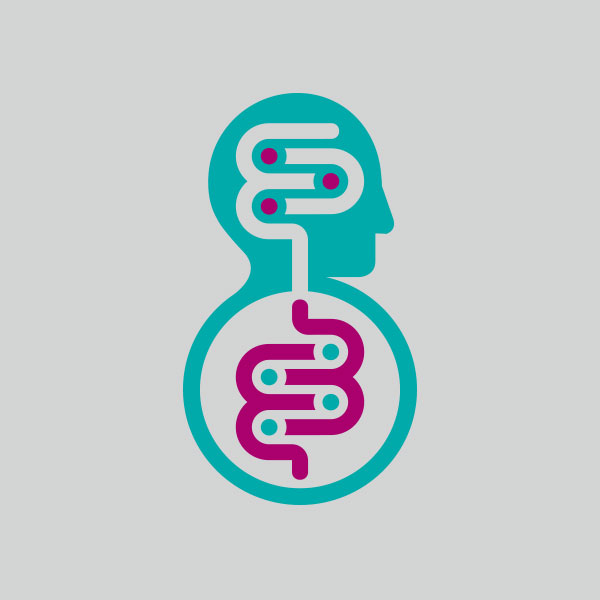
Depression is a mental disorder and the leading cause of disability, reaching the whole world [1] and being the most debilitating and recurrent stress-related disorder that highly impact the quality of life of people affected [2]. The estimated prevalence of major depressive disorder (MDD) reaches the 4.4% of the world population, equivalent to 322 million people living with depression [WHO].
The symptoms include, depressed mood, anhedonia (inability to feel pleasure), irritability, difficulty concentrating, changes in appetite and sleep [3] and is also associated with psychological and functional impairment, cognitive deficits, increased risk of suicidal behaviour, and increased mortality [4].
The most used theory to explain depressive symptoms points to decreased levels of neurotransmitters (serotonin, noradrenaline and dopamine) in synaptic clefts (gaps), which are the spaces between two neurons across which nerve impulses are passed. Today, these effects are treated pharmacologically by antidepressants. Nevertheless, recent evidence has shown that depressed patients have altered gut microbiota [5] [6] [7], so new pathways are being investigated to understand better the physiology of depression.
One of them is studying the gut microbiota, and their communication with the brain via the gut-brain axis. This pathway is important, complex, and bidirectional [8]. The brain influences the gastrointestinal tract, and the gut influences brain functions, especially those involved in stress [9]. The dysregulation of this communication is evident in patients with depression. All these findings suggest that nowadays, depression should not be conceived only as a mental disorder of the brain, but as a more systemic disorder also involving the gut.
Following this line of research, gut microbiota should be investigated and discussed as an important neuropharmacological target for depression. A 2001 study confirmed the role of inflammation in depressive disorders [10]. More recent investigations indicate that changes in the gut microbiota (due to illness, stress, change in nutrition) can lead to a systemic inflammation that reaches the central nervous system (CNS).
Clinical studies have been carried out with probiotics, living microorganisms that inhabit the intestines that contribute to human health. These investigations have supported that probiotic bacteria have positive effects on the central nervous system and suggest that dosing might improve mental function in patients with depression and other mental disorders [11]. Thus, modulating the composition of the microbiome can affect the brain and behaviour via the gut-brain axis communication pathway [12][13]. Other studies also show that probiotic treatment markedly reduces depressive-like behaviour [14] and that probiotics taken by patients have resulted in antidepressant responses [15].
These findings help elucidate the pathophysiology of depression and to show the need to study new therapeutic strategies to improve its treatment. In line with this and looking toward the future, the evidence accumulated deserves increasing attention in the biological psychiatry of depression [16] and new treatments for depression will consider the microbiome.





